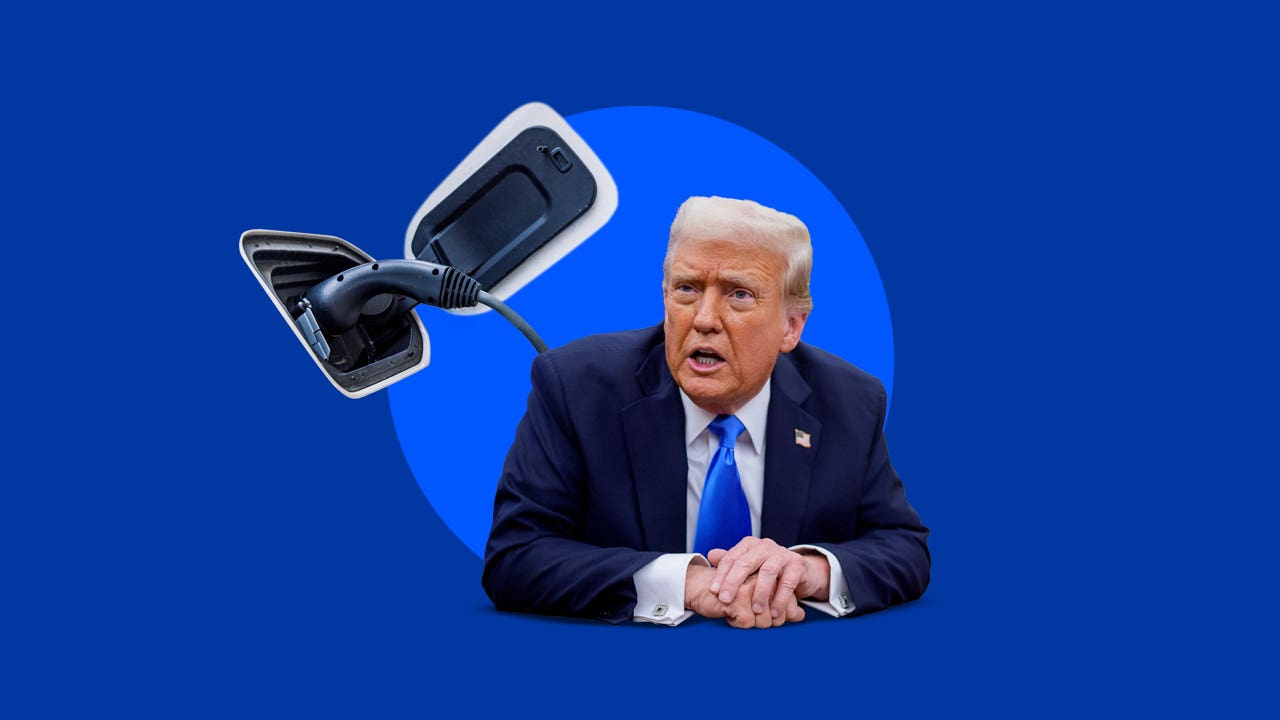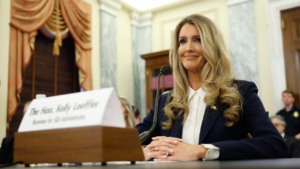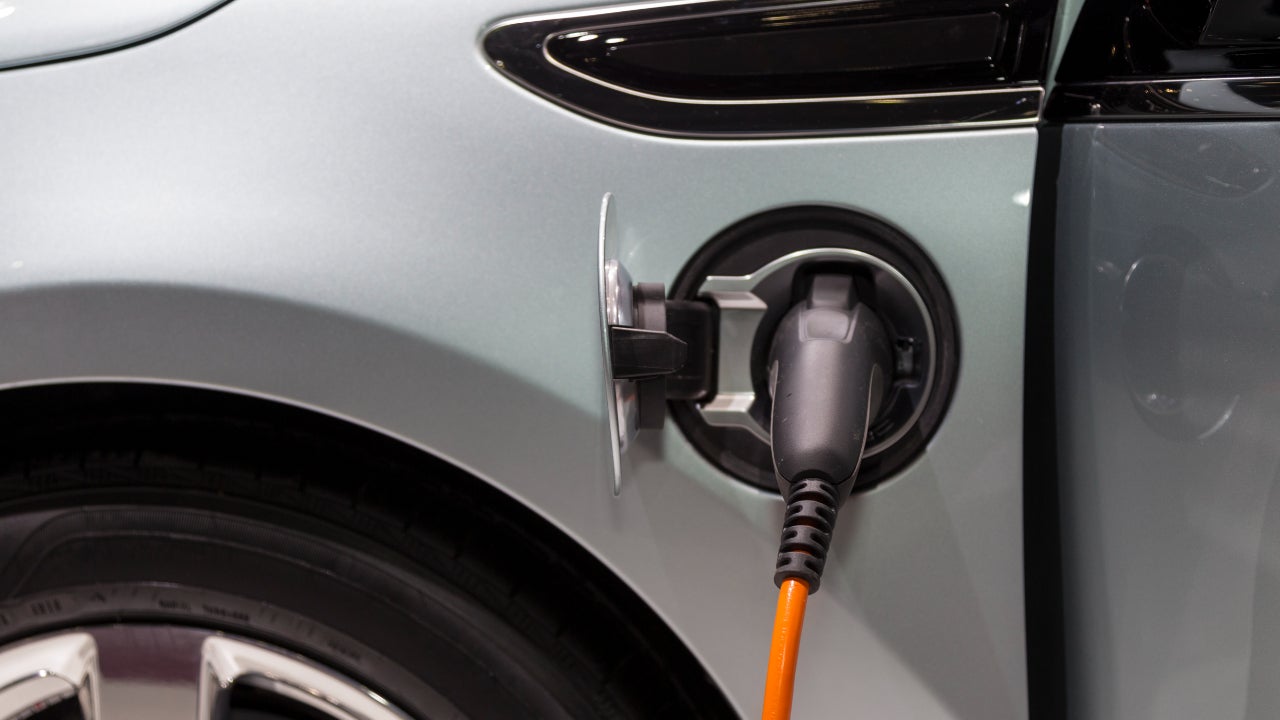What to expect: EVs and the Trump administration

Key takeaways
- Consumers may rush to buy EVs before federal tax credits are eliminated, which could make EVs less affordable.
- Fewer EVs may be available in 2025 — even without the Trump administration’s current plans to eliminate the tax credit.
- State tax credits and limits on gas-powered vehicles are currently safe, but it is unclear how federal changes will impact states.
Americans bought electric vehicles (EVs) in record numbers in the fourth quarter of 2024. Part of the rush? Taking advantage of federal and state programs as well as incentives offered by automakers. But the EV landscape may be changing dramatically as the Trump administration — and now the Senate — takes aim at eliminating tax credits and pausing funding for additional EV infrastructure.
Knowing what EV perks are on the chopping block, and which are likely to survive the Trump administration’s ax, may help you decide if you should hold off on or speed up your EV purchase plans.
Breaking EV news
How will the Trump administration affect EVs?
The executive order “Unleashing American Energy” issued by Trump reverses most of the EV policies implemented by the Biden administration. That news comes on the heels of a record year for EV sales in 2024, according to Cox Automotive. There were 1.3 million plug-in vehicles sold — a 7.3 percent increase from 2023’s upwardly revised total.
Trump’s order has the most immediate impact on the creation of new EV charging stations. Billions of dollars of funding allocated toward the Biden administration’s goal of 500,000 new plug-in stations by 2030 has been paused.
The policy is likely to result in an eventual end to federal tax credits for EVs and a pause in the construction of new charging stations. However, many automakers have already committed to EV adoption and may offer their own rebates and incentives separate from federal and state tax credits.
While the Federal Reserve lowered rates in 2025, it may not lead to lower auto loan rates. If you were hoping to offset the cost with a tax credit, you may want to move sooner rather than later.
Current federal EV tax credits may be on the chopping block
The $7,500 new car tax credit approved by Congress during the Biden administration is likely to be repealed. However, unlike the pause in EV charging funds, a repeal of the tax credit could take some time to implement because Congressional approval is required.
So what does that mean for aspiring EV buyers?
- Buyers may flood the market. EV automakers are anticipating a boost in EV car sales as consumers step up their buying plans to take advantage of the existing credit before its potential elimination.
- The tax credit repeal won’t be immediate. Since the current tax credit was approved by Congress and automakers are heavily invested in the production of EV cars, Trump may encounter resistance to repealing it. That gives EV buyers more time to take advantage of the credits.
- Fewer EV vehicles are eligible for the credit this year regardless of Trump EV policies. Under the current Biden tax credit plan, battery sourcing requirements went into effect on Jan. 1. That reduced the number of new EV and PHEV vehicles that qualify for the credit by more than half.
Will state tax credits stay in place?
If you’re currently taking advantage of state EV perks, you aren’t likely to be affected by Trump’s new EV policies. That means everything from discounts on your electric and telephone bills to benefits like driving solo in the HOV (High Occupancy Vehicle) lane will likely remain intact.
One exception is the state of California. Trump’s order seeks to terminate its exemption which gives California the ability to potentially phase out all gas-powered vehicle sales by 2035. If the order is successful in eliminating the tougher emissions rules, it could affect EV sales in the 12 other states that are currently following California’s standards.
Is now a good time to go green?
If you’re planning to buy an electric car that is still eligible for federal tax credits, it makes sense to buy sooner rather than later. The supply of available cars may be snatched up quickly as buyers race to get the credits on a smaller pool of eligible vehicles.
The immediate pullback in new charging station funds means you’ll likely need to stick to charging at current stations — or install one in your home. And while the fate of the federal EV tax credit is still in the air, state EV benefits aren’t likely to change.
If you’re priced out of the market due to federal tax credit changes, consider buying a used electric vehicle. For example, Hertz announced in January that it would be selling over 20,000 used EVs from its fleet. Many are priced below $25,000, which is below the average for all used vehicles, according to recent data from Kelley Blue Book. And depending on the Trump administration’s decisions, you may still be able to qualify for a $4,000 federal tax credit if the used EV costs under $25,000.
Consider leasing your EV
Bottom line
Buyers looking to go green may spend more money if Trump is successful in rolling back current federal tax credits, but the changes aren’t likely to occur immediately. Automakers have made big investments in electric vehicle manufacturing and may offer their own incentives to attract buyers, helping offset some of the increased cost of EV vehicles should the tax credits end.






